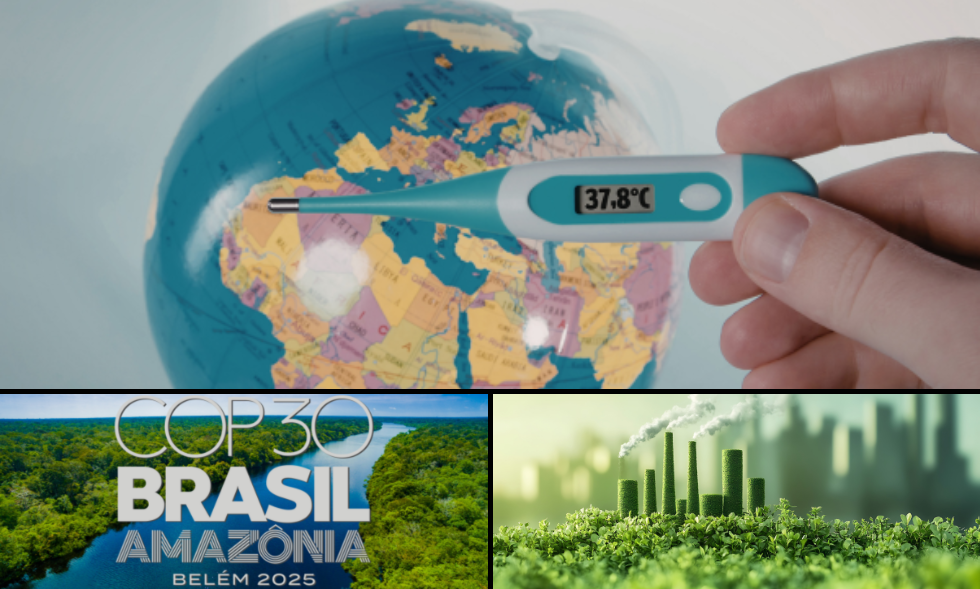Yet ERCOT still should not have been surprised by this event, as its own long-term forecasts indicated it was possible, even in the winter. Although many wind turbines did freeze and total wind generation was at 2 percent of installed capacity Monday night, overall wind production at the time the blackouts began was roughly in line with ERCOT forecasts from the previous week.
We knew solar would not produce anything during the night, when demand was peaking. Intermittency is not a technical problem but a fundamental reality when trying to generate electricity from wind and solar. This is a known and predictable problem, but Texas regulators fooled themselves into thinking that the risk of such low wind and solar production at the time it was needed most was not significant.
Special Breaks Helped Cause the Blackouts
The primary policy blunder that made this crisis possible is the lavish suite of government incentives for wind and solar. They guarantee profits to big, often foreign corporations and lead to market distortions that prevent reliable generators from building the capacity we need to keep the lights on when wind and solar don’t show up.
Research by the Texas Public Policy Foundation’s Life:Powered project found that more than $80 billion of our tax dollars have been spent on wind and solar subsidies in the last decade, in federal subsidies alone. Texans are also charged an average of $1.5 billion a year in state subsidies for renewable energy.
All that cash hasn’t materially changed our energy landscape. Wind and solar still provide just 4 percent of our energy nationwide. The promise that subsidies would kickstart renewable energy technology remains unmet after more than 40 years.
Renewable advocates will be quick to point out that fossil fuels also receive subsidies from the federal government. That’s partially true, but solar companies receive 75 times more money and wind 17 times more per unit of electricity generated. Nevertheless, the best solution for Texans, and all Americans, would be to eliminate all energy subsidies and allow the free market to drive our energy choices.
As politically popular as wind and solar energy are, no amount of greenwashing can cover up their fundamental unreliability and impracticality for anything other than a supplemental energy source. Yet our government — even in the oil country of Texas, home of Spindletop and the Permian Basin — is designed to incentivize renewable energy projects.
Keep This from Happening Again
This week’s blackouts should be a wakeup call to politicians. Overconfidence in renewables led us uncomfortably close to total grid failure — and when the going gets tough, few things really matter to voters as much as access to electricity. Without it, scrambling for the barest necessities like food, water, and warmth becomes expensive, stressful, and all-consuming.
The consequences are potentially deadly. For all the talk of climate change, cold is far deadlier than heat, responsible for 20 times more deaths. Although the cold itself may not kill you — you might not literally freeze to death — it has devastating potential to exacerbate preexisting conditions and make otherwise minor illnesses life-threatening.
It’s a reality far too many know firsthand, as a recent study found increasing natural gas utility prices led to an increase in wintertime deaths as they force families to choose between putting food on the table and paying the heat bill. In this health-conscious era of the COVID-19 crisis, this should be enough to pause any policy discussion that might inhibit electricity access.
Here’s What to Do
The Texas legislature, and other states hoping to avoid similar messes, should act decisively to protect our electric grid in a few specific ways. First, they should require all electric generation to be “dispatchable,” or readily available — meaning generators guarantee a certain amount of power will be available at all times. No more should we tolerate wind turbines pumping out a measly 2 percent of their capacity and leaving Texas families in the cold.
Second, they should end subsidies for both renewable and traditional energy sources. Research by the Texas Public Policy Foundation explains extensively the problems with energy subsidies, including distorting markets without improving technology or shifting our energy landscape in the slightest. Rather than wasting tax dollars trying (and failing) to pick winners and losers, lawmakers should allow the free market to work.
Finally, they should work to discourage the discriminatory practice of environmental, social, and governance (ESG) investing, which prioritizes political correctness over fiduciary duty and places workers’ and retirees’ futures at risk. Texas and several other states will file legislation soon to prohibit companies that boycott or divest from fossil fuels from doing business with the government. It’s a good start to ensure this energy discrimination campaign doesn’t infiltrate state pensions and investments.
Especially in the bitter cold of winter, a life without electricity is a miserable one. It’s unfortunate that years of poor policy choices — coupled with ERCOT’s mismanagement — made this crisis a reality for so many Texans.
Texans learned firsthand the consequences of unreliable renewable energy this week. If their voices are heard, it won’t happen again.
[First published at The Federalist.]



